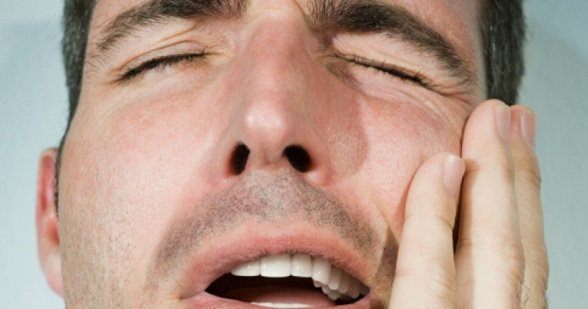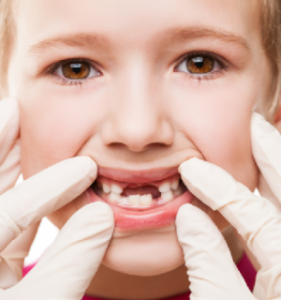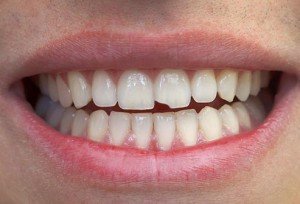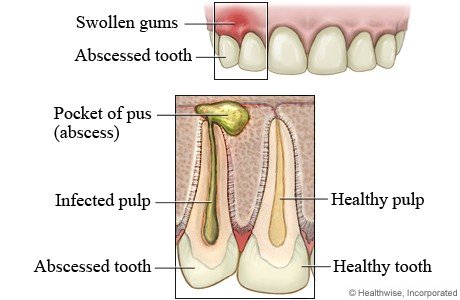What Can I Do For Toothache Relief?
A toothache is a common reason for visiting the dentist. Pain from toothaches can affect the teeth and jaws.
If you’re having continual mouth pain or discomfort, here are some steps to take to resolve the problem, or at least provide some temporary toothache relief until getting to the dentist:
-
Brush and floss your teeth to remove food fragments on and in-between your teeth. Rinse with warm water.
-
You may take painkillers for the pain, but DO NOT put an aspirin or any other painkiller directly against the gums near the aching tooth. This can burn and cause damage to the gum tissue. If the pain persists, call to see a dentist as soon as possible.
-
Avoid very cold or hot foods as they may make the pain worse.
-
Relief may be obtained by biting on some cotton wool soaked in oil of cloves. Oil of cloves is available at most pharmacies.
-
It is important to know that persistent toothache pain may temporarily subside, but will usually return until the underlying problem has been addressed. Failure to treat these problems in a timely manner may lead to further deterioration and more costly treatment.
Treatment for a toothache depends on the cause. If a cavity is causing the toothache, your dentist will fill the cavity or possibly extract the tooth, if necessary. A root canal might need to be done if the cause of a toothache is found to be an infection of the tooth’s nerve. Bacteria that have worked their way into the inner aspects of the tooth cause such an infection. An antibiotic may be prescribed.
See your dentist as soon as possible if a toothache lasts longer than 1 or 2 days or if it is severe. Proper identification and treatment of dental infections are important to prevent its spread to other parts of the face and skull and possibly even to the bloodstream.





